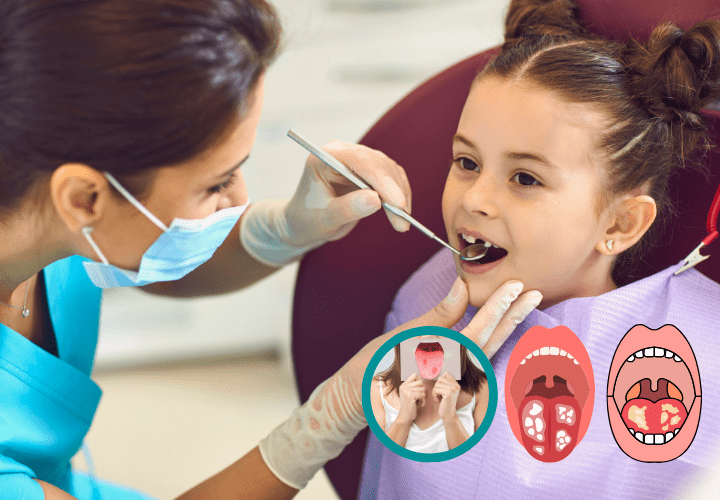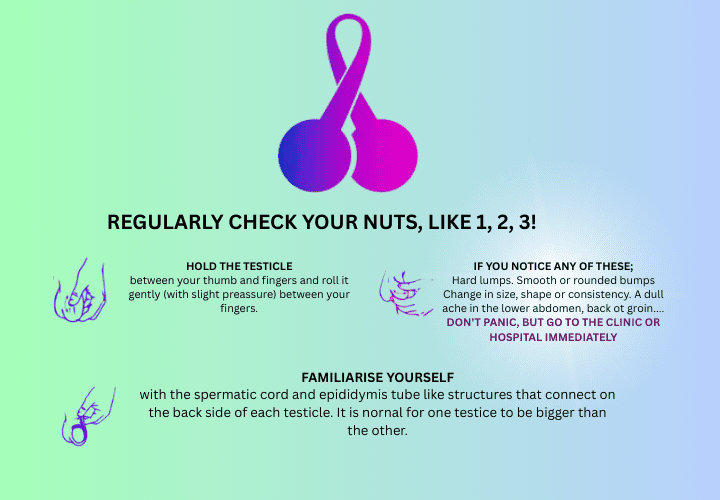A Comprehensive Guide to Mouth Cancer: Symptoms, Causes, and Treatment Options

A Comprehensive Guide to Mouth Cancer: Symptoms, Causes, and Treatment Options
- onco
- April 4, 2025
Mouth cancer, also known as oral cancer, is a type of cancer that develops in any part of the oral cavity, including the lips, gums, tongue, inner cheeks, roof, and floor of the mouth. Oral cancer is often detected late; making an early diagnosis can help in effective treatment. If left untreated, then it can spread throughout your mouth and other areas of your head and neck. Oral cancer can appear as a persistent sore, lump, or abnormal growth in the mouth that does not heal. From symptoms to risk factors to Oral cancer treatment, you will learn about everything in detail. So, stay connected till the end.
Signs of Mouth Cancer
Mouth cancer can present itself through a variety of symptoms, which are as follows –
- Sores or ulcers in the mouth that won’t heal.
- White patches or sores that bleed.
- A growth or Lumps inside the mouth.
- Difficulty chewing the food.
- Numbness or pain in any area of the mouth
- Loose teeth
- Chronic sore throat or hoarseness
- Ear pain
- Swelling in the jaw
Mouth cancer symptoms may also be indicative of other less severe conditions, so it is essential to consult a doctor if they persist for more than two weeks.
What are the Causes?
Mouth cancer occurs when the DNA in the cells of the mouth undergoes mutations, causing abnormal and uncontrollable cell growth. The exact cause of these mutations is often unknown. However, there are some lifestyle factors that increase the likelihood of developing oral cancer, which are –
- Smoking cigarettes, cigars, pipes, or chewing tobacco.
- Heavy or Excessive drinking
- Human Papillomavirus (HPV) Infection
- Prolonged exposure to ultraviolet (UV) rays increases the risk of lip cancer.
- Poor Oral Hygiene and Nutrition, such as a diet with low fruits and vegetables.
- People with compromised immunity, such as those with HIV/AIDS or on immunosuppressive medications, are at a higher risk.
About 70% of people who develop oral cancer have the aforementioned habit, starting with minor mouth cancer symptoms. There is no proven way to prevent mouth cancer, but you may reduce the chances of its occurrence by avoiding the above ways.
What is the diagnosis involved in Oral Cancer?
Diagnosing mouth cancer involves several steps which are mentioned in the following –
Physical Examination: A doctor or dentist examines the mouth for abnormal growths, sores, or patches.
Biopsy: A sample of tissue is removed and analysed for cancerous cells. The tests can check the tissue for cancer signs. Based on the outcome, your healthcare team organise a treatment plan.
Imaging Tests: Your healthcare profession may suggest a variety of tests. These tests involve X-rays, CT scans, MRI scans, and PET scans that help determine the extent and spread of the cancer.
Endoscopy: A small, flexible camera is used to examine the throat and surrounding areas. This helps the health professional identify signs of the cancer spreading beyond the mouth.
There might be other tests involved if the cancer is suspected to be linked to HPV.
Oral Cancer Treatment and Management
Mouth cancer involves different treatments. A patient may receive a single type of treatment or a combination of therapies, depending on the cancer’s stage, location, and overall health. Some treatment options available for oral cancer are:
Surgery
The surgeon removes the rim of healthy tissue surrounding along with the cancerous tissue called Margin. The purpose of removing this margin is to ensure that no cancer cells are left behind, reducing the risk of recurrence. The scope of the surgery is determined by the size and spread of the cancer. If the cancer has invaded the bone, the surgeon may also remove affected bone tissue.
While surgery is an effective treatment, it carries risks such as bleeding and infection. Additionally, it can impact a patient’s appearance and ability to speak, eat, and swallow. Physical therapy and rehabilitation services can help patients adapt to these changes.
Radiation Therapy
The therapy involves the use of strong beams of energy to kill cancer cells or keep them from growing. Your healthcare provider may combine radiation therapy with other treatments.
Chemotherapy
Chemotherapy treats cancer with drugs or strong medicines. The therapy is often given after surgery to kill the remaining cancer cells. It increases the effectiveness of radiation therapy if combined with other treatments. Chemotherapy can help control the cancer spread to other parts of the body.
Targeted Therapy
Targeted therapy is a treatment that uses drugs to attack certain chemicals in cancer cells specifically. By blocking these chemicals, the therapy disrupts cancer cell growth and causes them to die. Targeted therapy may be used alone or in combination with other treatments. It is often administered after surgery to eliminate any remaining cancer cells. Additionally, it can help control recurrent cancer or prevent its spread to other parts of the body.
Immunotherapy for mouth cancer
Immunotherapy is a treatment that uses medication to help the body’s immune system recognise and destroy cancer cells. Also known as biological therapy, it works by enabling immune cells to detect and attack cancer, which typically evades immune defences. For mouth cancer treatment, immunotherapy may be used when the disease recurs or spreads to other parts of the body.
Consult your Doctor
Mouth cancer is a serious condition that requires early detection and prompt treatment for the best outcomes. Understanding the symptoms, risk factors, and prevention methods can help in early diagnosis and effective management. Regular dental check-ups, a healthy lifestyle, and avoiding tobacco and alcohol are key steps in reducing the risk. With advancements in medical treatments, many patients diagnosed with mouth cancer can achieve positive recovery outcomes. If you experience any persistent oral symptoms, seeking medical attention promptly can make a significant difference in treatment success.
Read More Blog:
Guide to Tumor lysis syndrome: Vital things to know
Esophageal Cancer diet suggested by Cancer specialists in Delhi
Common Chemotherapy Drugs Seem to Increase Hearing Loss in Some Adults
IMMUNE SYSTEM RECOVERY MAY BE SLOWER AFTER CHEMOTHERAPY
Recent Posts
-
Can Testicular Cancer affect fertility?
April 23, 2025
-
Why are Breast Cancer Cases Increasing Around the World?
April 17, 2025




Leave a Reply